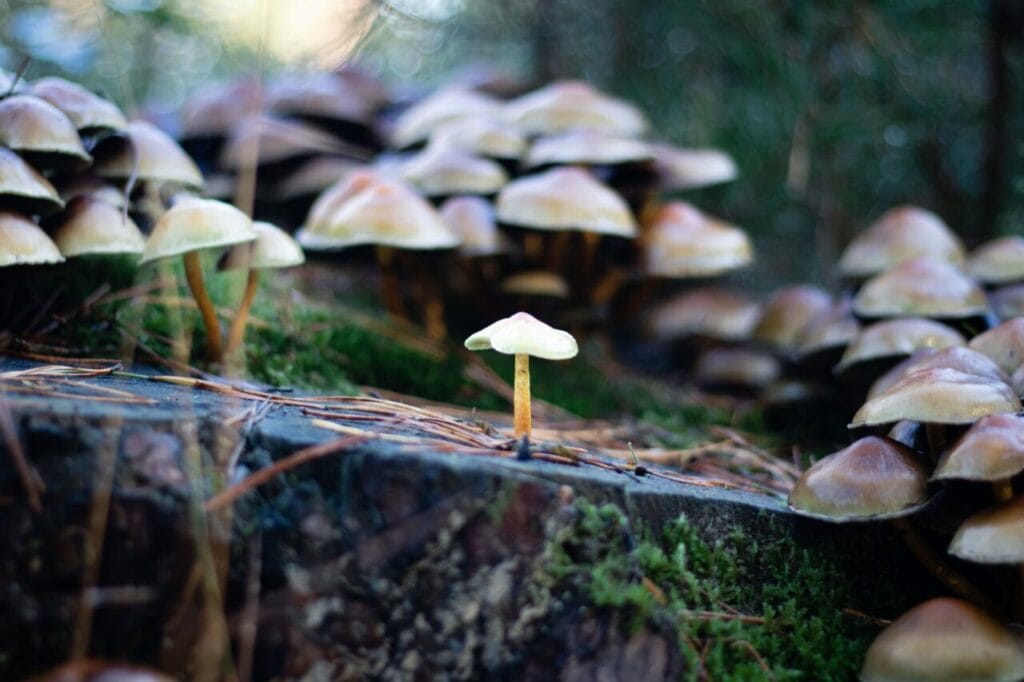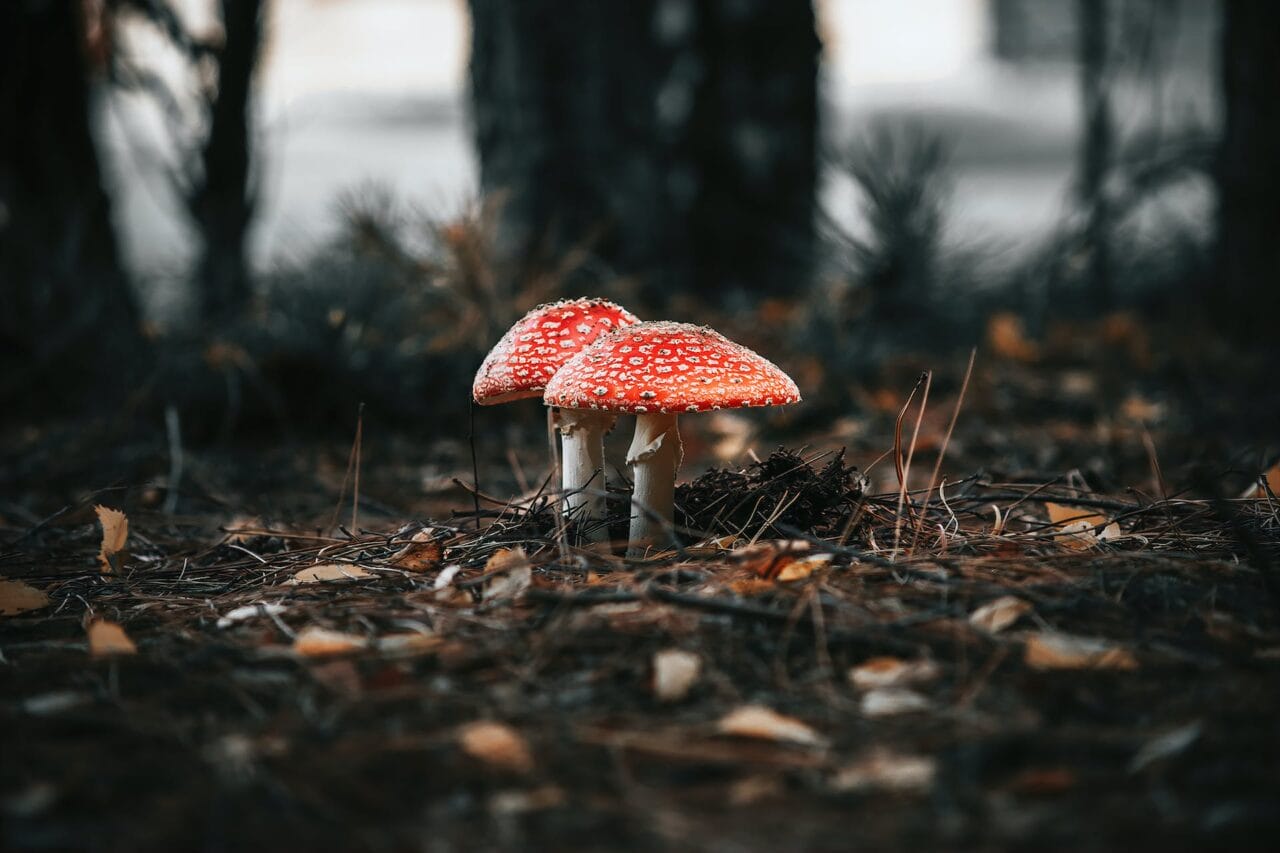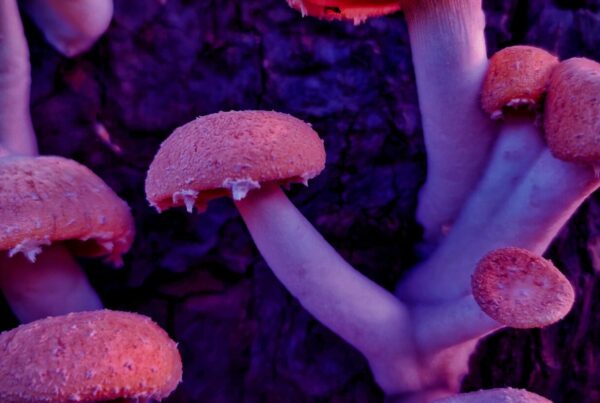The fascination with psilocybin is escalating, driven by studies into its potential positive effects on mental health problems like anxiety and addiction. However, acquisition of psilocybin remains a challenge due to a limited number of laboratories and shroom delivery services offering magic mushrooms, and the high costs involved.
In this article, we will delve into the evolution of psilocybin, its current status, and the potential benefits it could provide to those seeking relief.
[toc]Main Takeaways:
- The process of mushroom cultivation requires significant effort and careful monitoring to avoid contamination during the inoculation phase.
- Psilocybin creates a psychedelic experience by interacting with different brain regions, particularly the serotonin receptors.
- Psilocybin slightly increases heart rate, which normalizes shortly after consumption, and typically doesn’t result in other adverse effects.

Providing Only Premium Quality Magic Mushrooms
Magic mushrooms naturally thrive in various environments including manure-rich pastures, leafy temperate forests, grasslands, and woodlands. Over time, people have navigated these places to collect these fungi for medicinal purposes or to use them in spiritual and religious rituals.
Conventional Method
Today, the traditional practice of foraging for mushrooms in these natural habitats is less common. This shift may be attributed to the rise of alternative methods such as cultivation or the availability of magic mushrooms for purchase online.
Mushrooms found in the wild tend to be less potent compared to lab-grown ones, which are carefully cultivated under controlled conditions. Moreover, there’s a risk involved in mistakenly picking a poisonous species when foraging in the wild.
Contemporary Method
The process of shroom production begins with a complex procedure involved in raising spores to maturity. This requires a
A substantial amount of precision and patience is required to protect against potential contamination during the cultivation phase. When the mushrooms are ripe for picking, they are usually dried by laboratories or growers to extend their shelf life. While fresh mushrooms spoil within a few days, dried ones can be conserved for several months, even up to a year.
Producers transform dried mushrooms into various products, including microdose capsules, edible products, tinctures, and drinks. These are then distributed across Canada through magic mushroom delivery services.
Harnessing the Benefits of Psilocybe Cubensis or Magic Mushrooms
One primary motivation for conducting scientific studies on mushrooms is to explore their impact on mental health and mood disorders, inspired by anecdotal evidence. A myriad of studies are probing these effects, from microdosing with capsules to undergoing a mushroom journey with dried mushrooms or chocolate edibles.
When consumed, psilocybin is metabolized into psilocin, a compound that mimics the function of serotonin, a key neurotransmitter in mood regulation. It interacts with numerous brain regions, particularly the serotonin receptors, to initiate a psychedelic experience.
People who undergo psilocybin therapy frequently report transformative changes not limited to sensory enhancement and visual modifications. These experiences often lead to a major shift in self-awareness and a profound alteration in personal perspective, often marked by deep insights.
Depression and Suicidal Tendencies
In a study featured in the Journal of Psychopharmacology, researchers explored the impact of a psychedelic journey on individuals dealing with depression and suicidal thoughts. Most participants ranked their psilocybin experience as highly significant and stressed its potential influence on their lives. Given the critical role of patient engagement in mental health interventions, such satisfaction levels could boost therapy’s effectiveness.
Safety Profile
In addition to studying psilocybin’s effects on depression and anxiety, researchers also examine the safety parameters of this compound. A study in JAMA Psychiatry found that participants who consumed psilocybin experienced a slight rise in heart rate and blood pressure two hours after consumption. However, further analysis using Holter monitoring detected no significant increase in the likelihood of cardiac arrhythmias in the psilocybin group compared to the niacin group. The study also discovered
Users experience no major psychological distress.





